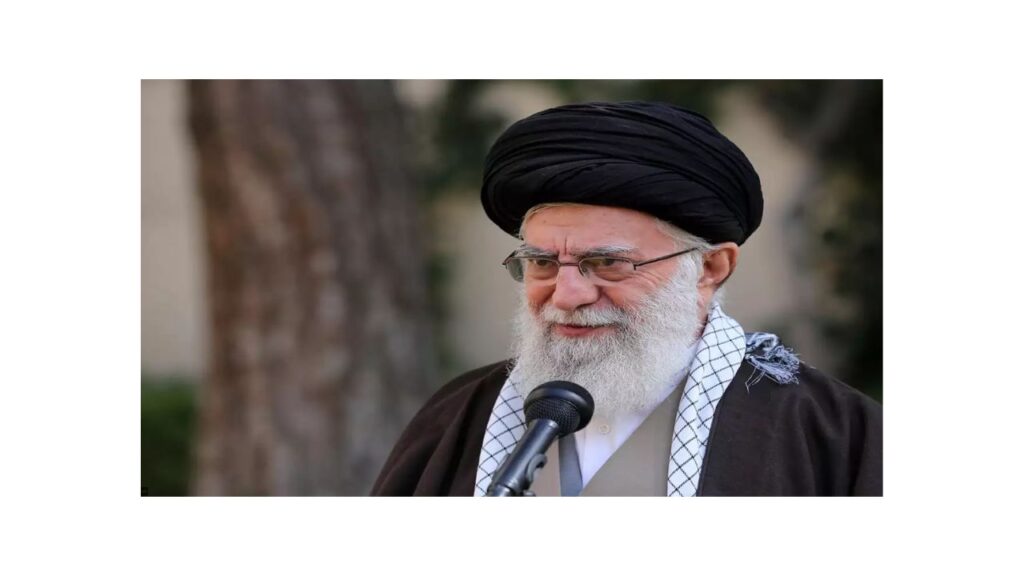Iran’s supreme leader signaled to the civilian government that talking to its “enemy” would do “no harm” and that there might be a chance for fresh talks with the US over the country’s accelerating nuclear program.
On Tuesday, Iran’s top leader gave the green light to a new round of talks with the US regarding his nation’s quickly developing nuclear program, telling its civilian government that there was “no harm” in cooperating with its “enemy.” In addition to reiterating his warnings that Washington couldn’t be trusted, Ayatollah Ali Khamenei’s remarks set clear boundaries for any negotiations held under the reformist President Masoud Pezeshkian’s administration.
However, his remarks are similar to those made during the 2015 Iran nuclear deal negotiations with major powers, wherein Tehran agreed to significantly reduce its nuclear program in return for the easing of economic sanctions. However, it is still unclear how much leeway Pezeshkian will have, especially given the ongoing high levels of tension in the Middle East surrounding the Israel-Hamas conflict and the US’s preparations for November’s presidential election.
Iran hopes no harm in talks
Khamenei stated, “This does not mean that we cannot interact with the same enemy in certain situations,” as quoted in a transcript found on his official webpage. “There is no harm in that, but do not place your hopes in them.”
The last word in all matters state is held by Khamenei, who also cautioned Pezeshkian’s Cabinet to “do not trust the enemy.”
After then-President Donald Trump unilaterally withdrew the United States from the agreement in 2018, Khamenei, 85, has periodically urged or rejected talks with Washington. Oman and Qatar, two of the US’s Middle East negotiators regarding Iran, have facilitated indirect talks between Iran and the US in recent years. The day before Khamenei’s statements, the prime minister of Qatar paid a visit to the country.
What does the US opine on Khamenei’s remarks?
The US State Department responded to an Associated Press request for comment by saying, “We will judge Iran’s leadership by their actions, not their words.” “We have long said that we ultimately view diplomacy as the best way to achieve an effective, sustainable solution with regard to Iran’s nuclear program,” it continued. “But considering Iran’s escalations in all areas, including nuclear escalations and its non-cooperation” with the International Atomic Energy Agency, the UN nuclear watchdog, “we are far away from anything like that right now.”
“If Iran wants to demonstrate seriousness or a new approach, they should stop nuclear escalations and start meaningfully cooperating with the IAEA,” it stated.
Iran has abandoned all program restrictions since the deal fell through and is enriching uranium to as high as 60% purity, which is almost 90% of the level needed for weapons. The IAEA’s surveillance cameras have been interfered with, and some of the most seasoned inspectors from the Vienna-based organization have been banned by Iran. Additionally, Iranian officials have been threatening more and more that they might go after atomic weapons.
